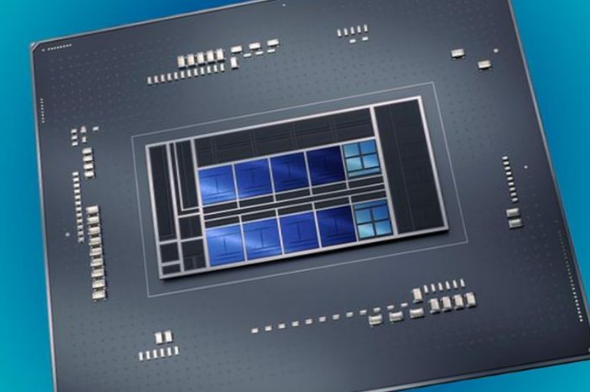Connection to DriversCloudCreate a DriversCloud.com accountReset your DriversCloud.com passwordAccount migration
The new Intel "Alder Lake" processors will arrive on November 19
A release in several steps in order to spare production lines that are quite overwhelmed?
This is the big question of the moment: if we all know that Intel has its 12th generation of processors in the works and that it must be released before the end of the year to keep its promises, when will Intel really launch Alder Lake on the market? According to WCCFTech's specialists, the date retained by the American company would finally be November 19, 2021, that is to say only a few weeks before the end of the year holidays.
Without quoting its sources, WCCFTech specifies that it considers them reliable and also relies on an announcement - quite official this time - made a few weeks ago by Intel: the American giant will organize a new presentation - the "Innovations" event - on October 27 and 28. A meeting to which Intel has invited all lovers of novelties, as it had just presented the bigLITTLE architecture at the heart of Alder Lake. There's no doubt that Intel will take advantage of this event to reveal more concrete information about the performance to be expected from this 12th generation of processors.
Therefore, a release about 15 days later is quite consistent with Intel's habits, which would not distribute Alder Lake in a single wave. It's a classic, given the number of references, things usually happen in succession. Except that this time, the launch would be very, very progressive. We're talking about a November 19 release for the Alder Lake-S processors - those for desktop machines - and only the top of the range: could the Core-i9-12900K be the only one to be released? That would still seem a bit limited.
To accompany this new generation of processors, Intel has already mentioned the release of new chipsets and, therefore, new motherboards. The date of November 19 is also in the sights for these products, but here again there will be many limitations and for the moment we are only talking about the launch of the most high-end chipset of this generation, the Z690. By proceeding in this way, Intel is probably also trying to "save time": if Alder Lake is as powerful as it implies, this will allow it to regain the upper hand over AMD, but by limiting the availability to a few products, it avoids the complete saturation of its production lines.






